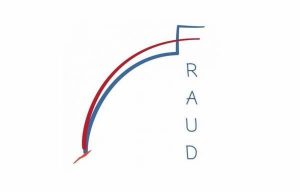While it is true that each state has dominion over their elections and their election processes, even in federal elections, Texas officials have made a point to remind elected officials in four critical battle ground states that federal elections involve all 50 states.
The State of Texas has filed a lawsuit in the US Supreme Court over the election processes in against Pennsylvania, Georgia, Michigan, and Wisconsin. The lawsuit charges that each state unconstitutionally altered legislated election laws, treated voters unequally, and served as the catalyst for an inordinate amount of voting irregularities.
The Texas lawsuit alleges that all these irregularities were caused, exclusively by the relaxing of ballot-integrity measures under the guise of making it easier to vote under COVID protocols which forced people into seclusion.
“Plaintiff State respectfully submits that the foregoing types of electoral irregularities exceed the hanging-chad saga of the 2000 election in their degree of departure from both state and federal law,” the motion before the Supreme Court states.
“Moreover,” the petition continues, “these flaws cumulatively preclude knowing who legitimately won the 2020 election and threaten to cloud all future elections.”
🚨 BREAKING 🚨
The state of Texas has sued Georgia, Michigan, Pennsylvania & Wisconsin over election irregularities!
This means Texas will have original jurisdiction to go directly to the Supreme Court‼️
HUGE ⬇️ pic.twitter.com/2LqpQ4Ym6y
— Kayleigh McEnany (@kayleighmcenany) December 8, 2020
The Texas suit seeks a ruling by the High Court that finds the four battleground states conducted the 2020 General Election in violation of the United States Constitution.
Texas is asking the Court to prohibit the counting of the Electoral College votes cast or otherwise exclude the Electoral College votes by the four states.
As for the states that have already certified their votes and appointed electors, the lawsuit asks the Court to nullify those seatings and instruct each of those state legislatures to appoint new electors in line with the Constitution.
The main argument in the plaintiff’s lawsuit centers on the enactment of election laws, rules, and procedures in each of the four states that breached the Constitution’s dictate to empower state legislators with the power to appoint electors, not state executive branch officials.
Embattled partisan Michigan Attorney General Dana Nessel issued a statement saying, “The motion filed by the Texas Attorney General is a publicity stunt, not a serious legal pleading.”






